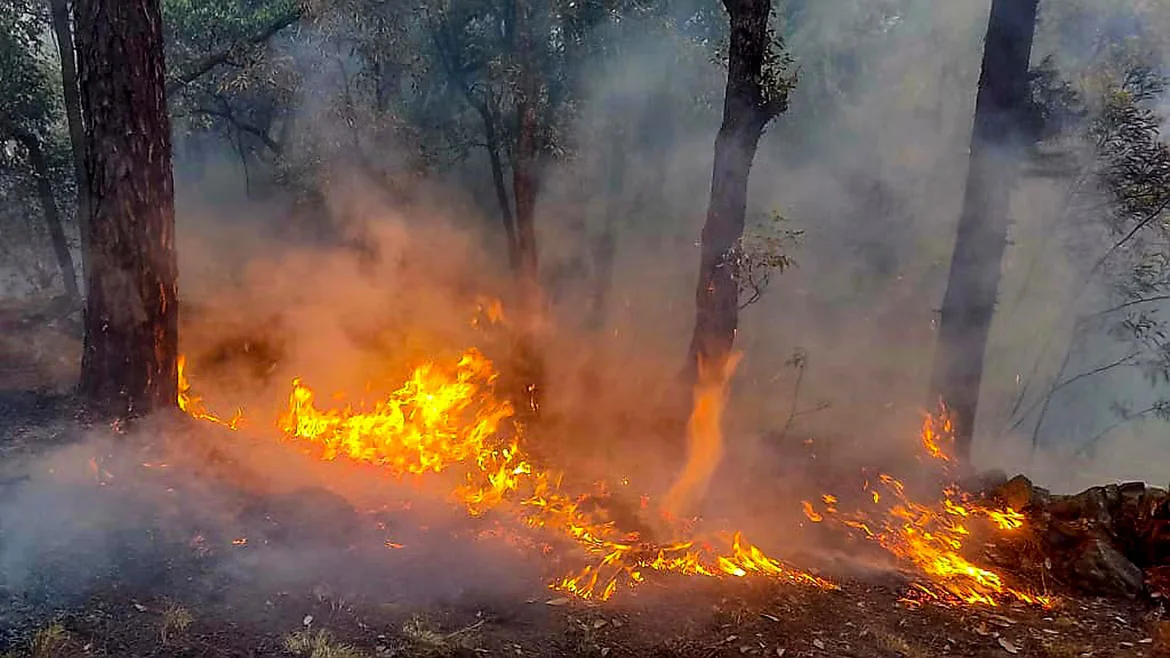Forest fire triggers an explosion of landmines along LoC in Poonch; Indian army on high alert for possible infiltration by militants.
Six land mines exploded after a forest fire along the LoC in Poonch district, officials said on Thursday.
The fire started on Wednesday in the forested area in Pakistan Occupied Kashmir. It then spread to the Balakot area of Mendhar in Poonch on the Indian side.
An official said that a fire caused half a dozen landmines to explode. These landmines had been laid to deter infiltration along the LoC. The explosions triggered a security alert.
He said that the authorities had brought the fire under control and there was no damage to human life.
The army is on alert to push back militants in case they tried to infiltrate from across the border.
SEE ALSO: https://southasiatimes.org/young-green-activists-blocked-in-india/
Original Source: Tribune India






